Is There Such a Thing as Vegan Collagen?
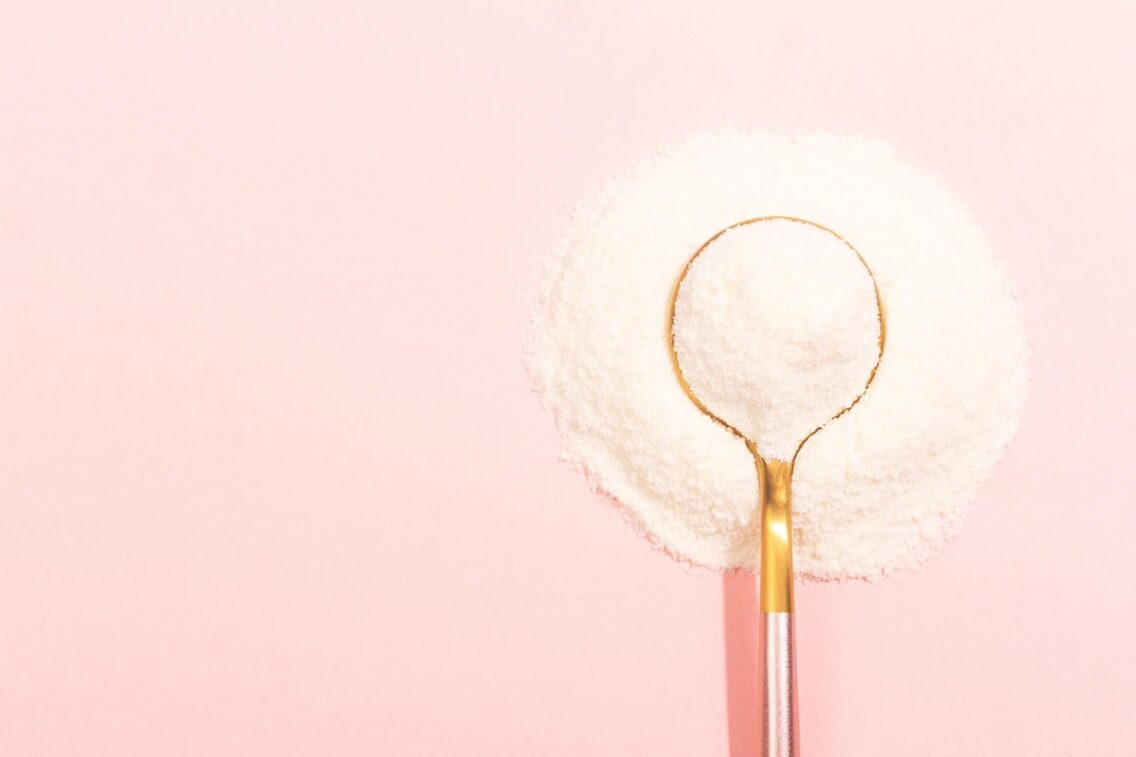
This post contains affiliate links, so if you make a purchase I may earn a commission at no extra cost to you. Learn more here.
Collagen is all the buzz. From creams to powders to supplements, you can’t scroll through your Instagram feed or browse a health store without hearing about how collagen will smooth your skin, strengthen your hair, and keep your joints in shipshape. But what if you’re a plant-based eater? Can you really get collagen from non-animal sources, or is “vegan collagen” just another marketing term?
Let’s dig in and find out what collagen is, whether it’s effective, and how you can support your body’s collagen production on a plant-based diet. And most importantly, can you really get collagen that’s vegan?
Disclaimer: This post is thoroughly researched and cites reliable sources, but I am not a certified nutritionist, dietitian, or medical professional. For any health-related decisions, I encourage you to do your own research and consult with a qualified expert.
What Is Collagen and What Does it Do?
Collagen is a protein. In fact, it makes up 30% of all the protein in our bodies, and provides structure in our tissues. Collagen can be found in our skin, hair, nails, muscles, bones, and connective tissues. And given its role in our skin, hair, and nails, the beauty industry has latched onto collagen as the next best thing for our glow-up efforts. But it may not be so simple.
The Cleveland Clinic has an article with an excellent overview of collagen and collagen supplements for those who want to dig deeper. But here are the highlights from that article:
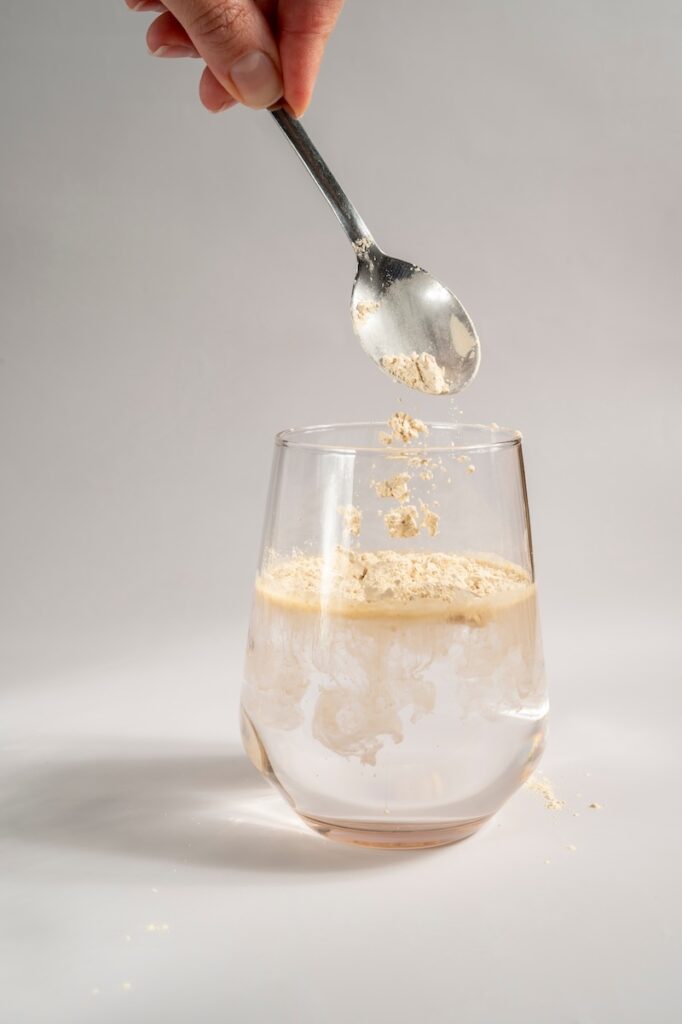
- Collagen plays many important roles in the body. Most notably, it’s the main building block of our skin, muscles, tendons, and ligaments. So, pretty important.
- As we age, our bodies produce less collagen. (And the collagen we already have begins breaking down more quickly.) This is especially noticeable after age 60.
- Our bodies can’t absorb collagen in its whole form, so when you eat collagen, your body breaks it down into amino acids — the building blocks of protein. That’s why you’ll often see collagen peptides (aka “hydrolyzed collagen”) marketed, which is collagen that’s already been broken down into smaller amino acids (aka “peptides“). But note that even then, those amino acids are distributed wherever our bodies need them most. Not necessarily to the fine lines in our faces.
- The great news is that our bodies naturally produce collagen. In order to do so, we need three types of amino acids — proline, glycine, and hydroxyproline — which group together into a “triple helix” structure to form collagen. We also need Vitamin C, zinc, and copper to be able to produce collagen.
Are Collagen Products Effective for Beauty?
You may be wondering, given that there’s now an entire collagen industry, whether there’s any evidence to back its claims around beauty benefits. There are some studies that support the hypothesis that collagen is good for our skin (like this one, and this systematic review and meta-analysis). But there’s a twist.
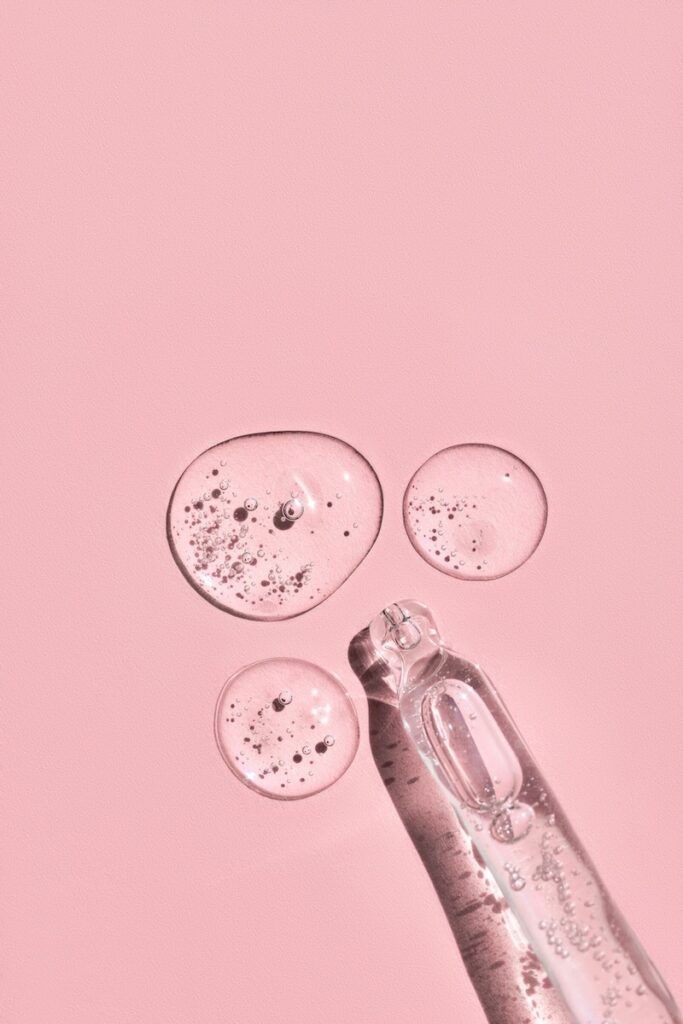
This article from Harvard cites a few trials with supporting evidence that hydrolyzed collagen has benefits for skin and joint health. But then it notes, “However, potential conflicts of interest exist in this area because most if not all of the research on collagen supplements are funded or partially funded by related industries that could benefit from a positive study result, or one or more of the study authors have ties to those industries. This makes it difficult to determine how effective collagen supplements truly are and if they are worth their often hefty price.”
Oh, vested interests. It’s hard to believe anything you read online these days. But here’s the bottom line from another Harvard article: “Thus far, no human studies have clearly proven that collagen you take orally will end up in your skin, hair, or nails.” The Cleveland Clinic reaches a similar conclusion, saying, “Scientific research is lacking for most collagen supplements, but a well-balanced diet gives your body the raw ingredients it needs to help it make collagen naturally.”
This is good news for plant-based eaters: given the current lack of good and trustworthy research on this topic, the most surefire way to support your collagen production is to eat nutritious foods with the necessary nutrients. And there are lovely plant-based options for that! We’ll get into those details shortly, but first let’s answer the question we’ve all been waiting for….
What Exactly Is “Vegan Collagen”?
“Vegan collagen,” alas, does not exist. Collagen is, by definition, an animal product; it’s derived from the connective tissues of animals like pigs, cows, chickens, and fish. So why on earth do you see so many products boasting “vegan collagen” on the label?
Those labels are actually referring to collagen-boosting ingredients, and not to vegan collagen itself (since it doesn’t exist). These products contain plant-based nutrients designed to promote your body’s own collagen production — without the need for animal-derived ingredients. Some of these products are accurately labeled as “vegan collagen boosters,” but many are misleadingly labeled simply as “vegan collagen.”
Thanks to biotech, we may eventually have options that are identical to animal collagen but are produced without the use of animals. Jellatech is one innovator in this space, as is VeCollal. These game-changing companies could make true “vegan collagen” a reality, but they’ve likely got quite a while before they’ll be commercially viable.
How to Boost Collagen on a Plant-Based Diet
Nutritious Foods
Even though you can’t directly consume collagen from plants, you can support your body’s natural collagen production with the key nutrients needed to make collagen. And all of these nutrients are accessible through plant-based foods.
Here’s your lineup of plant-based, collagen-boosting superstars:
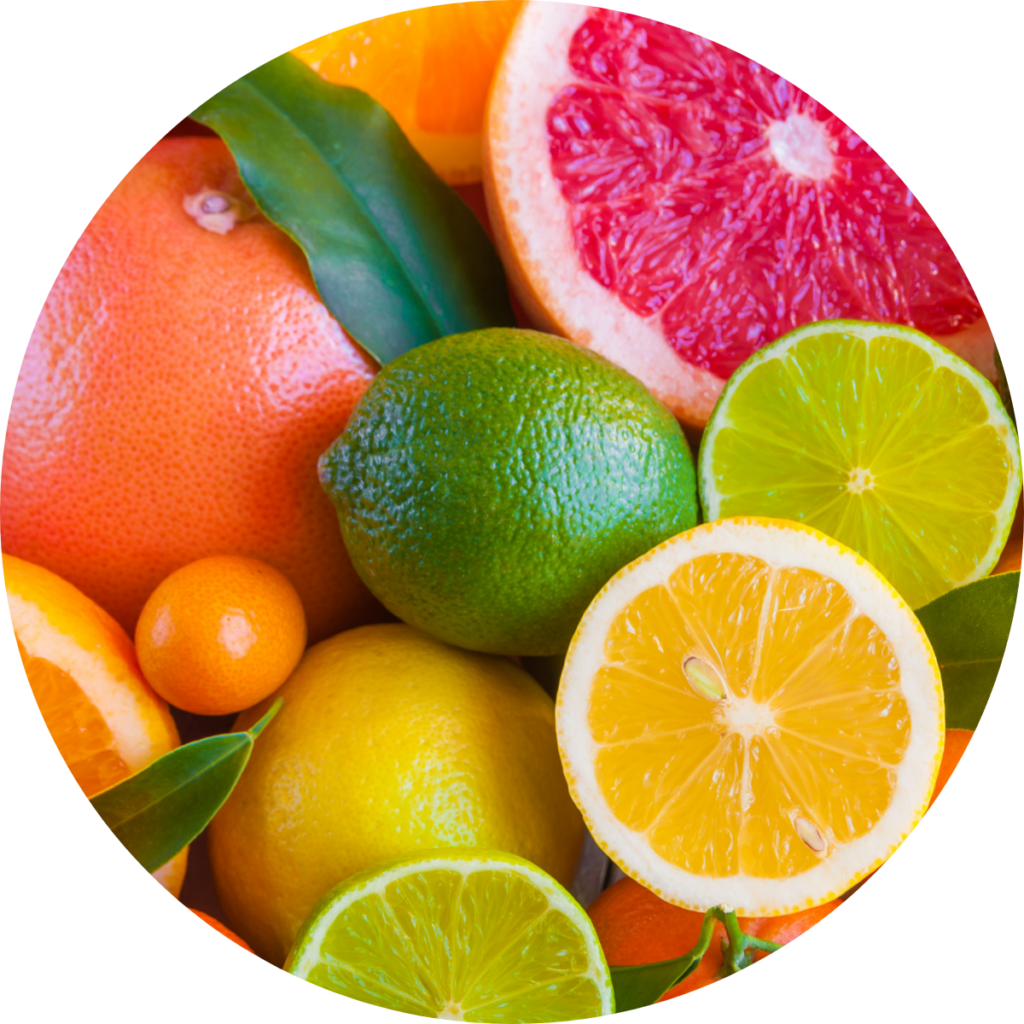
1. Vitamin C
Our bodies need Vitamin C in order to make collagen and luckily, it is readily available through many plant sources. Some of the fruits and vegetables that are richest in Vitamin C are:
- Citrus fruits like oranges, lemons, & grapefruit
- Bell peppers
- Kiwi
- Cruciferous veggies like broccoli, cauliflower, cabbage, and Brussels sprouts
- White potatoes
Source: Harvard (The Nutrition Source), USDA FoodData Central

2. Glycine
This is one of the three amino acids needed for collagen production. You can find glycine in plant-based foods like:
- Peanuts
- Sunflower seed, sesame seeds, and pumpkin seeds
- Soy (tofu, soy protein isolate/concentrate)
Sources: USDA FoodData Central

3. Proline
Proline is another of the three* amino acids needed for collagen production. You can find proline in plant-based foods like:
- Soy (tofu, soy protein isolate/concentrate)
- Sunflower seeds and sesame seeds
- Pasta
Sources: USDA FoodData Central

4. Copper
Copper is an essential mineral involved in collagen production. Plant-based sources of copper include:
- Dark chocolate (and other cocoa-dense things)
- Nuts and seeds (especially cashews, peanuts, sesame seeds, and sunflower seeds)
- Shiitake mushrooms
Source: USDA FoodData Central, Harvard (The Nutrition Source)

5. Zinc
Zinc helps to activate proteins required for collagen production. Vegan sources of zinc include:
- Fortified breakfast cereal
- Sesame seeds, pumpkin seeds, sunflower seeds, hemps seeds
- Peanuts, legumes
Source: USDA FoodData Central, Harvard (The Nutrition Source)
*Note that the third amino acid needed for collagen production, hydroxyproline, is not on this list because it’s remarkably hard to find information on which plant-based foods are rich in it. (It also seems that our bodies actually make hydroxyproline from proline.) This article via the National Library of Medicine says, “plant-based foods rich in amino acids like glycine, proline, and hydroxyproline, such as legumes, beans, lentils, tofu, tempeh, quinoa, nuts, and seeds, support the body’s own collagen production.”
Supplements
There are various options you can explore when it comes to vegan collagen-boosting supplements. For highly-rated options, check out Future Kind’s Vegan Collagen Booster and Mary Ruth’s Collagen-Boosting Gummies.
Final Thoughts: The Vegan Collagen Conundrum
While there is no true plant-derived collagen, you can certainly support your body’s natural collagen production with a plant-based diet rich in the necessary nutrients. Whether you’re in it for the glowing skin, healthier hair, or joints that feel more limber, focusing on incorporating nutrient-dense, collagen-boosting foods into your diet is a great place to start.
What are your thoughts? Have you tried collagen-boosting supplements?



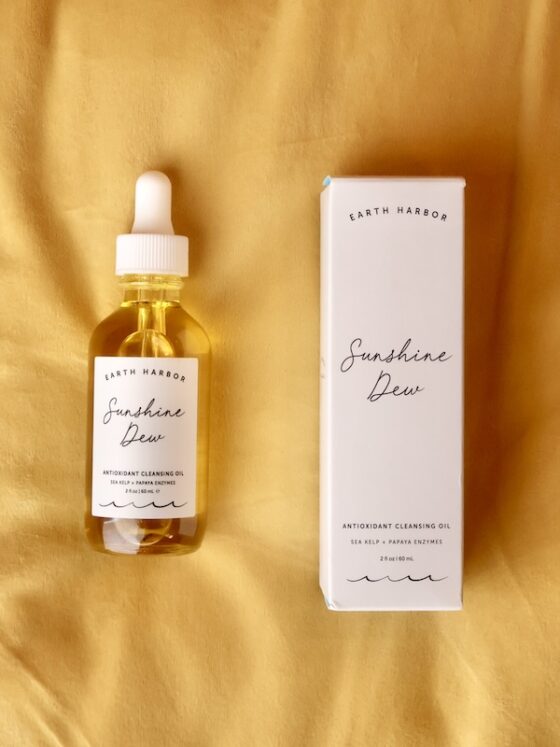
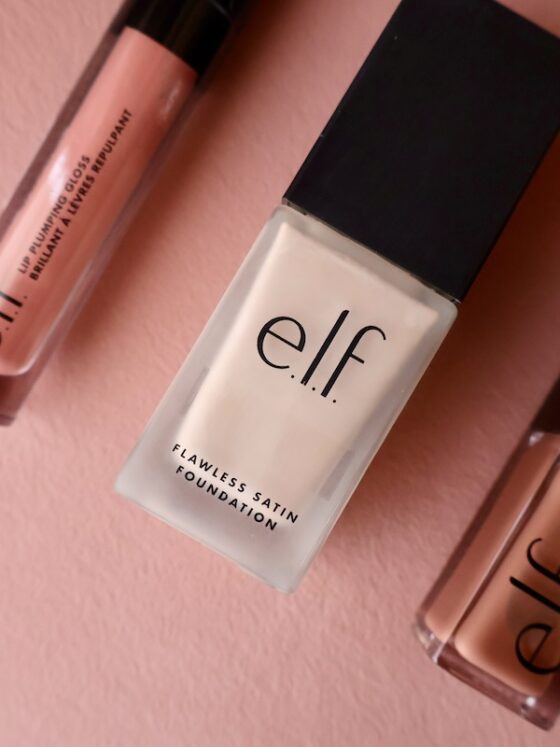
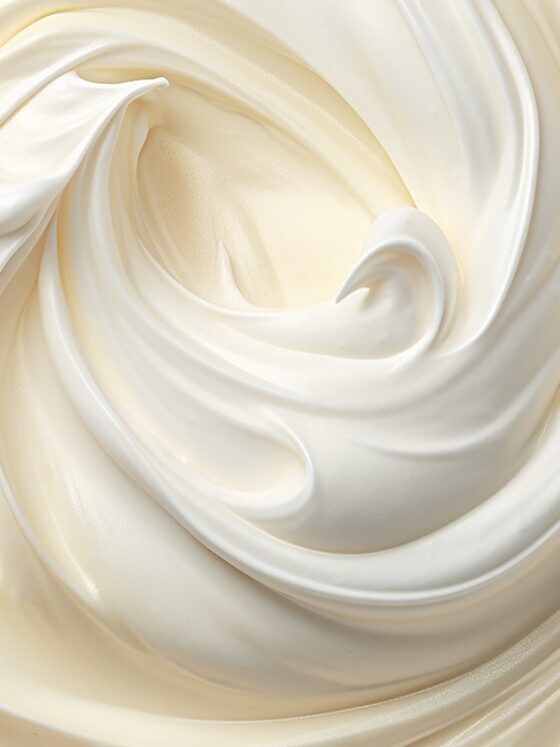
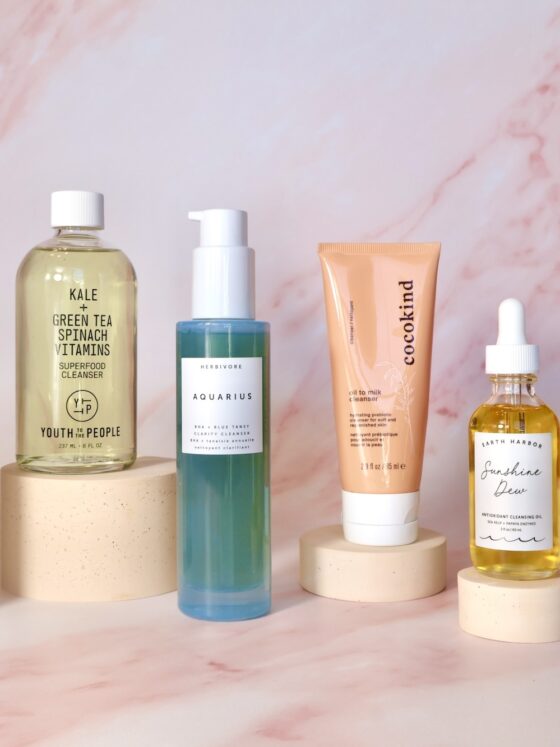
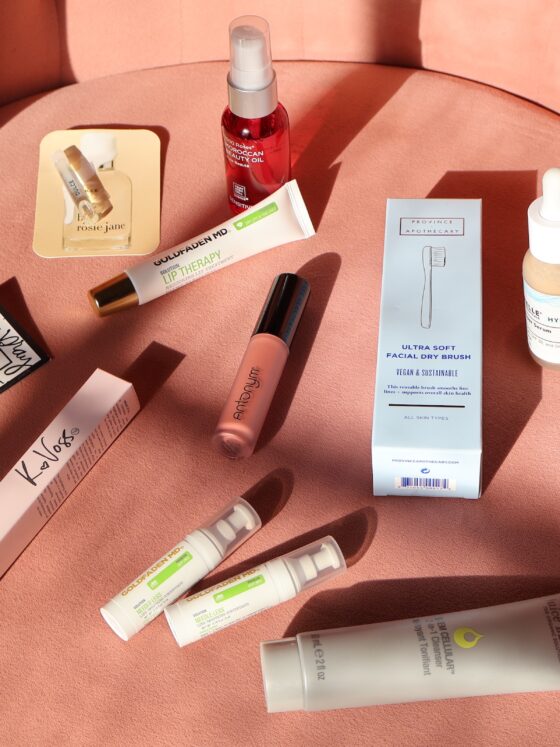


Anna
April 24, 2025Amazing post!